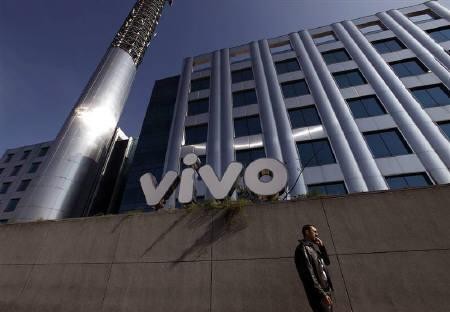In order to survive in the 21st century, brands must be willing to actively engage with the millennial segment of the global market.
Due to the environment that the nascent generation is growing up in, this invariably involves the bold use of new marketing techniques and a savvy incorporation of new technologies.
BBK Corporation's Vivo mobile brand has taken up the challenge and its latest sales results show that it is reaping the rewards.
The notable success of Vivo Communication Technology Co.'s technology brand was reflected in the Chinese New Year cheer that was spread by the company's Vice President and Chief of Marketing, Feng Lei.
The Vivo executive was so pleased by the performance of his business' mobile products, in both Chinese and international markets, that he dispensed thousands of e-hongbao--the digital form of the age-old "red envelope"--via his Sina Weibo account as promotional tokens of appreciation.
Chinese media on Monday identified Vivo's "distinguished products" and "effective marketing strategy," citing promotional examples that have occurred over the last two years.
Firstly, Vivo sponsored Hunan Satellite TV's Happy Camp entertainment program, seizing the opportunity to display its passion for music. In the middle of the same year, Vivo entered the record books of the Guinness World Record brand by assembling a group of 223 people to play audio files on their Vivo phones with one of a dozen music apps, thereby becoming the largest smartphone ensemble in history.
The potency of the brand's millennial-aware approach is evident in the bottom-line figures, as Vivo's market share rose from 2 percent at the start of last year to 6 percent in September of the same year.
The nascent smartphone company now wants to expand its success into more than 100 worldwide markets over the next few years.



























